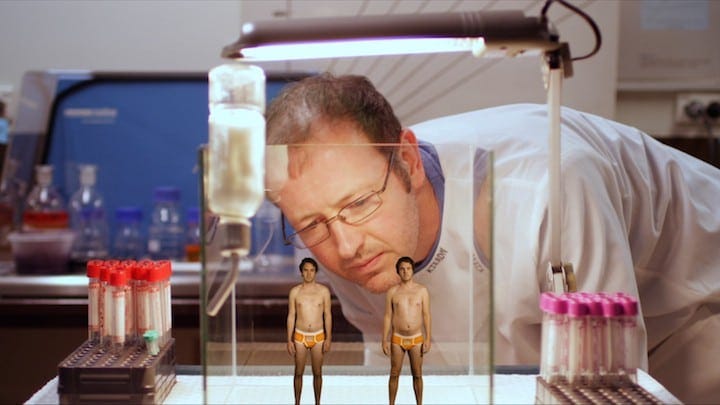Now On DVD: ‘That Sugar Film’ Is a Flashy Remake of ‘Super Size Me’ Focused On Sugar Consumption

More than 11 years following the release of Super Size Me, documentary filmmakers around the world are still copying Morgan Spurlock’s concept. The latest is Australian actor Damon Gameau (best known here for one episode of How I Met Your Mother), who is writer, director, producer and star of That Sugar Film, a flashy feature in which he takes on a pers…
Keep reading with a 7-day free trial
Subscribe to Nonfics to keep reading this post and get 7 days of free access to the full post archives.



